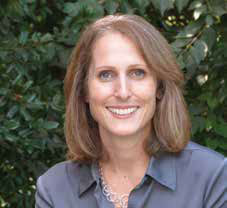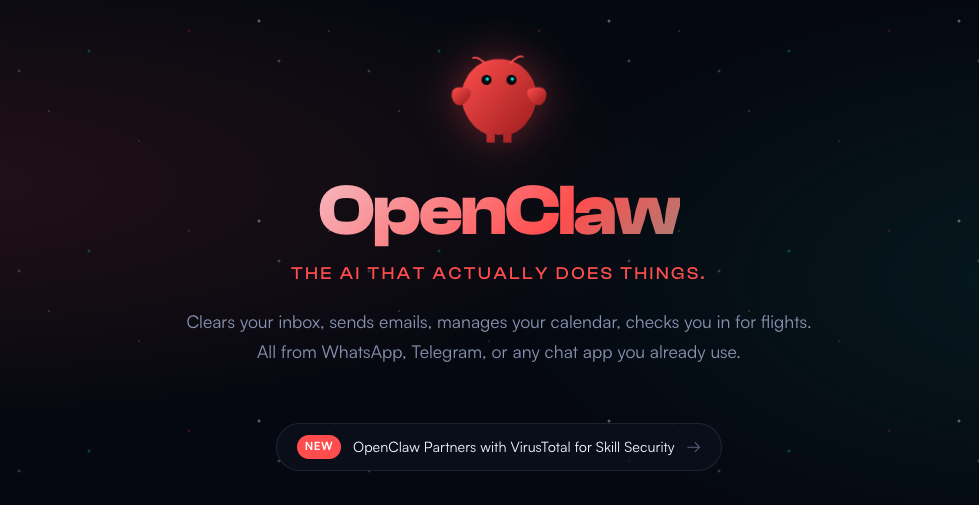LEARNING TO CODE, FROM SCRATCH
Tools and ideas to transform education. Sign up below.
You are now subscribed
Your newsletter sign-up was successful

Coding isn’t just about video game development or programming scientific equations anymore. Kids across the country are creating interactive projects with themes as varied as fashion design, storytelling, art, and music. The Scratch Foundation was founded in 2013 to promote this different approach to coding and provide financial support for free university-based research projects including Scratch, ScratchJr, and ScratchEd from MIT, Tufts, and Harvard. T&L talked with Lisa O’Brien, director of the Scratch Foundation, about how coding can enhance the student experience and how teachers can implement it in the classroom.
What is the benefit of kids learning to code?
Much like learning to write, we believe coding is a type of literacy that’s valuable for all children. For us, learning to code is not about gaining a set of technical skills or solving a set of puzzles. We see coding as a creative process—a way for people to organize, express, and share their ideas.
How can educators use coding within their lessons?
Is it just for tech classes and future programmers? No, coding is definitely not limited to tech or computer science classes. Scratch can be used in all kinds of settings—from subject-specific classrooms like mathematics, science, art, music, and history, to informal settings such as after-school programs, camps, and libraries. Some educators need support for getting started with Scratch, and we encourage them to visit the ScratchEd Web site (scratched.gse.harvard.edu) for project ideas, connections with other educators, and resources.
How can schools struggling to fit Common Core and other curriculum requirements into their busy days justify bringing in new programs like these?
Software and computers are part of our daily lives—everything from Web sites and mobile apps to the technology that powers our cars and kitchen appliances. Helping young people become fluent with coding helps them to see themselves and the world in new ways. They can be contributors to this world of technology, not just consumers.
Tools and ideas to transform education. Sign up below.
What kinds of projects does the Scratch Foundation endorse and support?
The Scratch Foundation supports projects that help young people become fluent with coding—not only to learn the mechanics and concepts of coding, but also to develop their own voices and the ability to express their ideas.
Specifically, we support Scratch, the block-based programming language and online community developed by the Lifelong Kindergarten Group at the MIT Media Lab. We also support the ScratchJr app for younger children (a collaboration between the MIT Media Lab, Tufts University, and the Playful Invention Company), and the ScratchEd online community for educators who use Scratch (a project of the Harvard Graduate School of Education).
What’s in the works for the future for Scratch?
So many things! Our team is working on enhancements to bring Scratch to more platforms (mobile devices, tablets) and to make more connections to the physical world. The team is also developing more online tutorials, facilitator guides, and Scratch cards. The ScratchEd team is expanding the reach of its Scratch Educator Meetup project to support professional learning communities of educators who use Scratch. And the ScratchJr team is developing new resources to support parents and early childhood educators.
RESOURCES
Scratch: scratch.mit.edu
ScratchJr: scratchjr.org
PBS KIDS ScratchJr: pbskids.org/apps/pbs-kids-scratchjr.html
ScratchEd: scratched.gse.harvard.edu
Creative Computing Guide: scratched.gse.harvard.edu/guide/
ScratchEd Meetup Guide: scratched.gse.harvard.edu/sites/default/files/meetup_guide_v20150129.pdf
Sascha has nearly two decades of experience as a freelance journalist writing for national magazines, including The Washington Post, LA Times, Christian Science Monitor, National Geographic Traveler, and others. She writes about education, travel and culinary topics.

